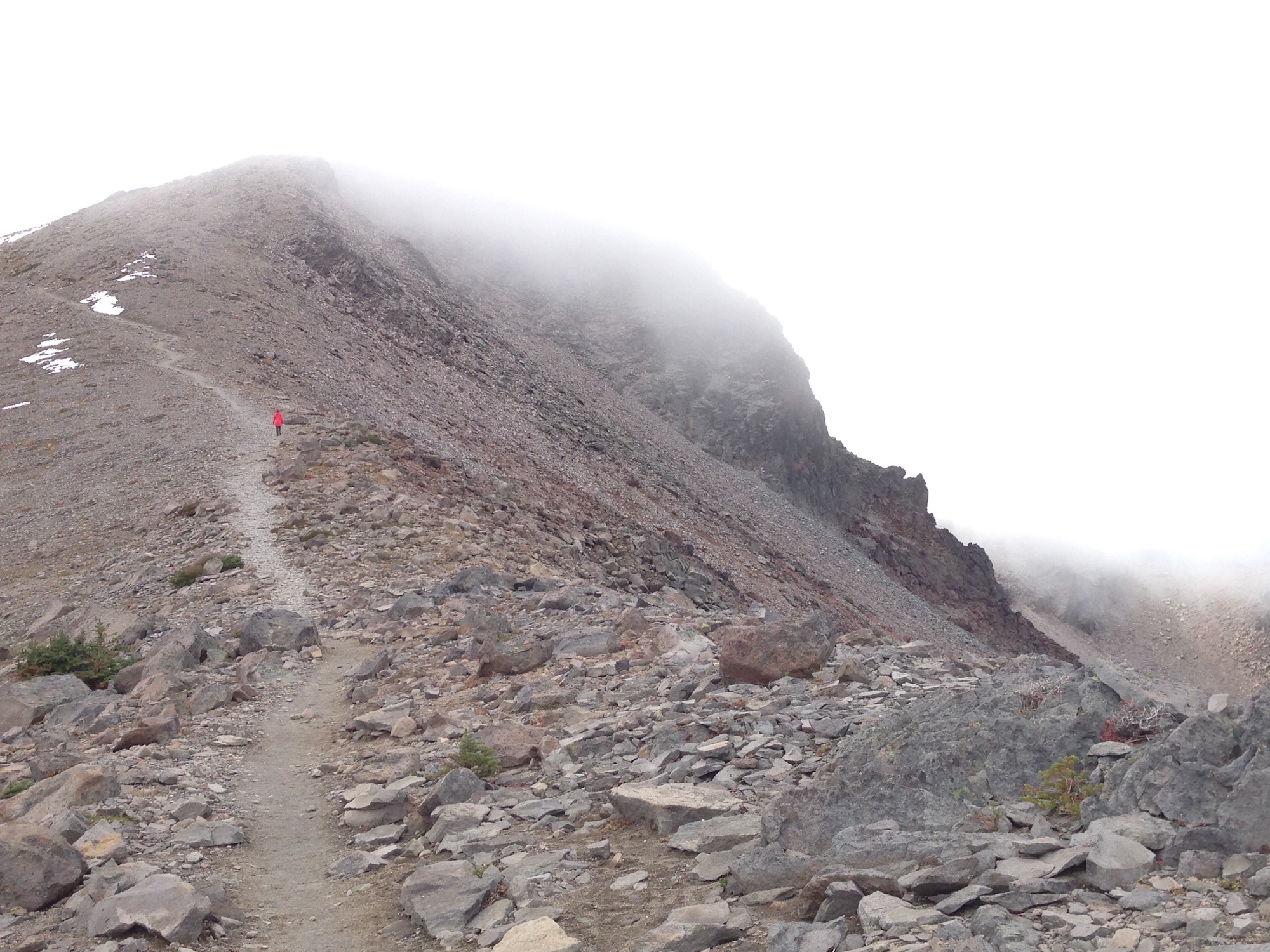New Work
As the sun warmed up another gloriously clear day here on Bowen Island, I had a chance to sit out on the balcony that looks south through the trees and across Howe Sound to Vancouver. When I wasn’t taking in the view, I was taking in the views of Frithjof Bergmann as expressed in a couple of articles passed along by Anne Ironside.
If I was home in Chicago, I’d probably have read more stuff online already and be writing a longer bit for the wiki. But that can come later. For now suffice it to say that he is suggesting (and has been for some time now) that “full-time” work is a rather recent, and unsustainable phenomenon, a veritable blip in human history. He suggests we are moving away from working 40+ hours per week and that this has huge social and spiritual implications, above and beyond the more obvious and not insignificant economic ones.
At one point in my reading this morn, he was wondering if now that we have developed agricultural, manufacturing and services sectors, is there not some whole new sector to be developed. I think there must be. And I think it must be a community sector, or maybe a markets sector. As manufacturing transcended and included agriculture, and services have done the same to manufacturing, I think communities and markets must and will transcend and include services.
Machines made farming more effective and efficient (leaving aside for the moment the health implications of factory farming). Information (services) made manufacturing more effective and efficient. In both cases, jobs were eliminated. Less work, more output. I see the same thing happening now to managerial and other info-based work, where community groups, user groups, affinity groups, email listserves — whole, new markets — are more effectively and efficiently distributing essential information, without a coordinating manager or executive.
In organizations, OpenSpaceTech and other developments are speeding up the working and production processes, including the managers but transcending traditional managerial control. Communities of people working in ongoing OpenSpace can work more effectively and efficiently than ever before, moving information in Markets. And that’s the underlying structure of OpenSpace: super effective and efficient local markets for the information needed to do the work of organizations.
Machines took over farming and made it faster. Information-based services work took over manufacturing and made it faster. Now, markets are making information move faster — and markets, like previous sector movements are poised to take over. Markets have lives of their own. This will certainly lead to New Work for all of us and some more direct investigation when I get back to Chicago.
